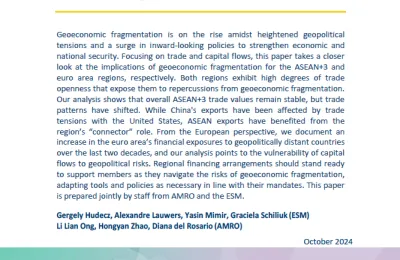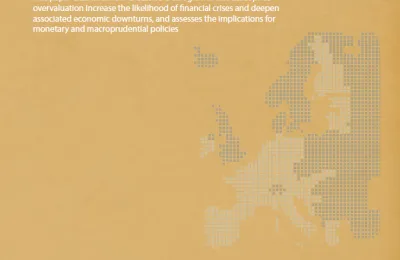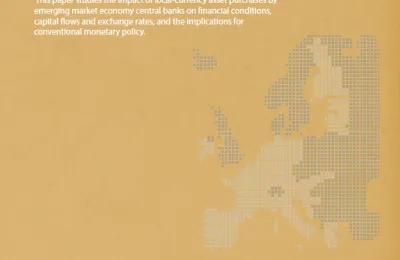
Yasin Mimir
Yasin Mimir is a Senior Economist at the Economic and Market Analysis division at the European Stability Mechanism (ESM).
Before joining the ESM, he worked in different positions at the Monetary Policy and Financial Stability Departments of the Central Bank of Norway, recently being a Principal Economist in the Modelling division. He also worked as a Research Economist at the Central Bank of Turkey. Mr Mimir served as an external expert at the IMF and as a member of the Research Task Force Macro Modelling work stream at the BIS. He held visiting research fellowships at the BIS and the Federal Reserve Board.
Mr Mimir received his PhD in Economics from the University of Maryland in the US and his current work mainly focuses on monetary and macroprudential policies, banking and international finance. He has published his work in several academic journals including International Journal of Central Banking, Oxford Bulletin of Economics and Statistics, and B.E. Journal of Macroeconomics.





